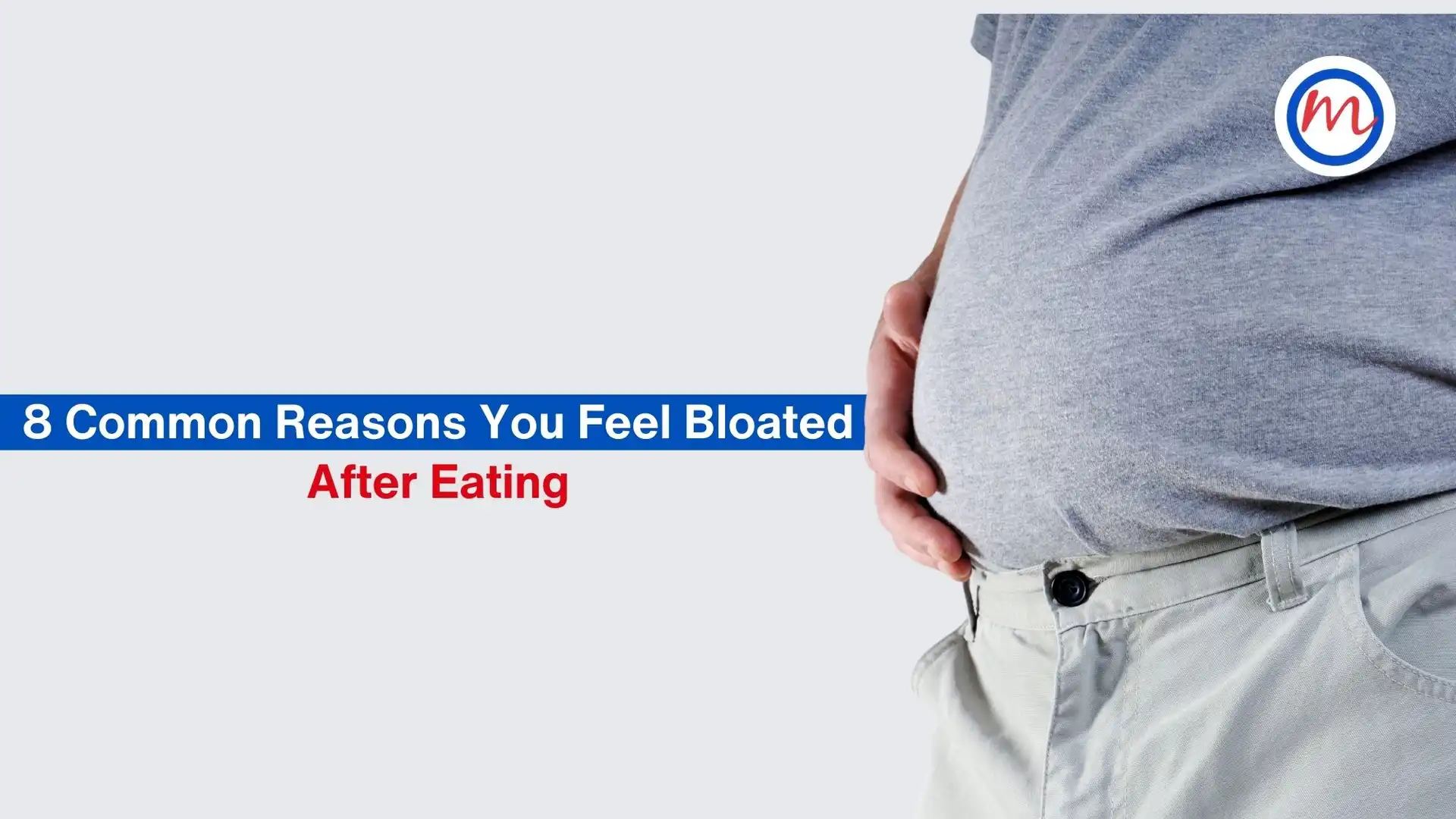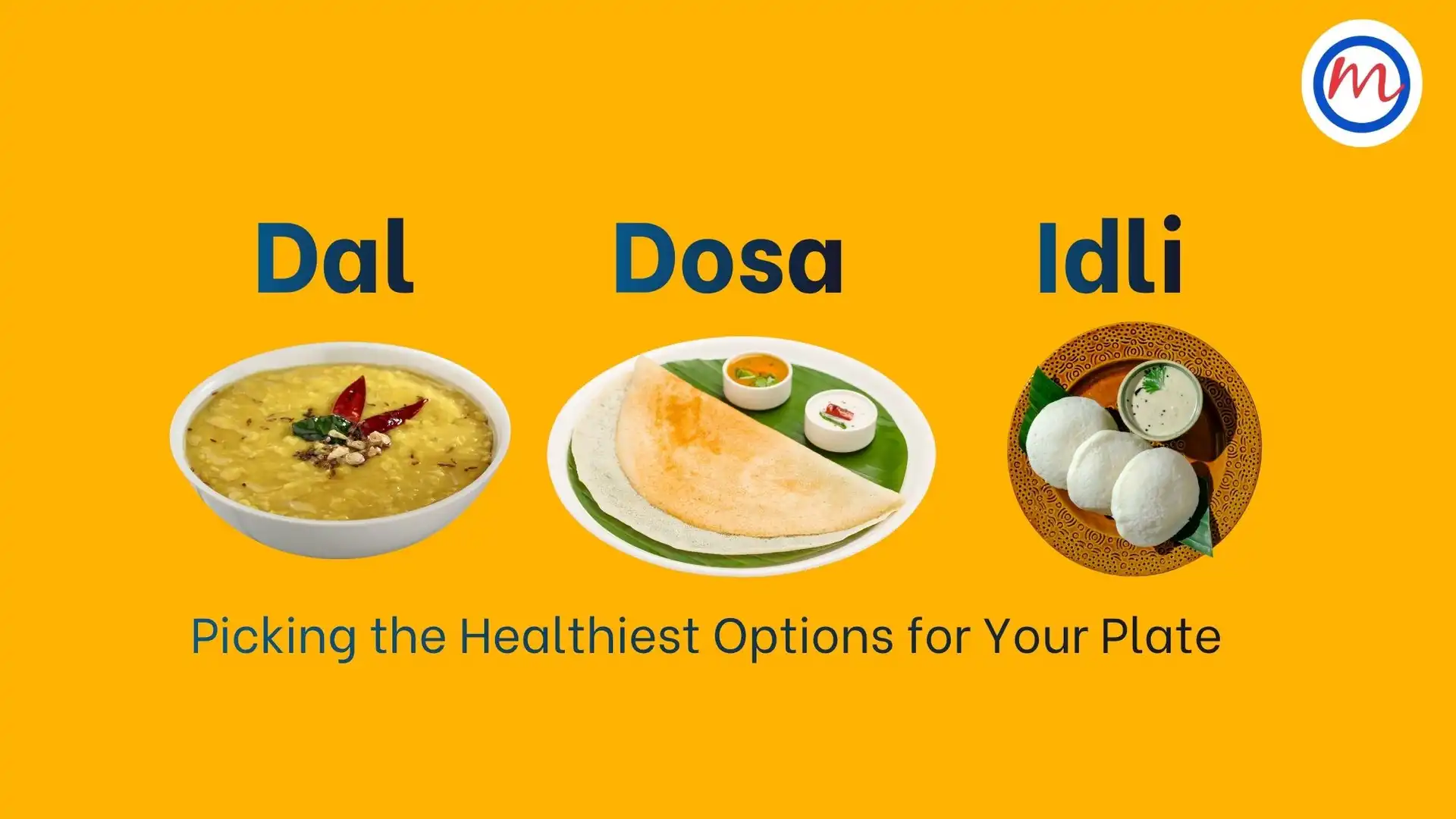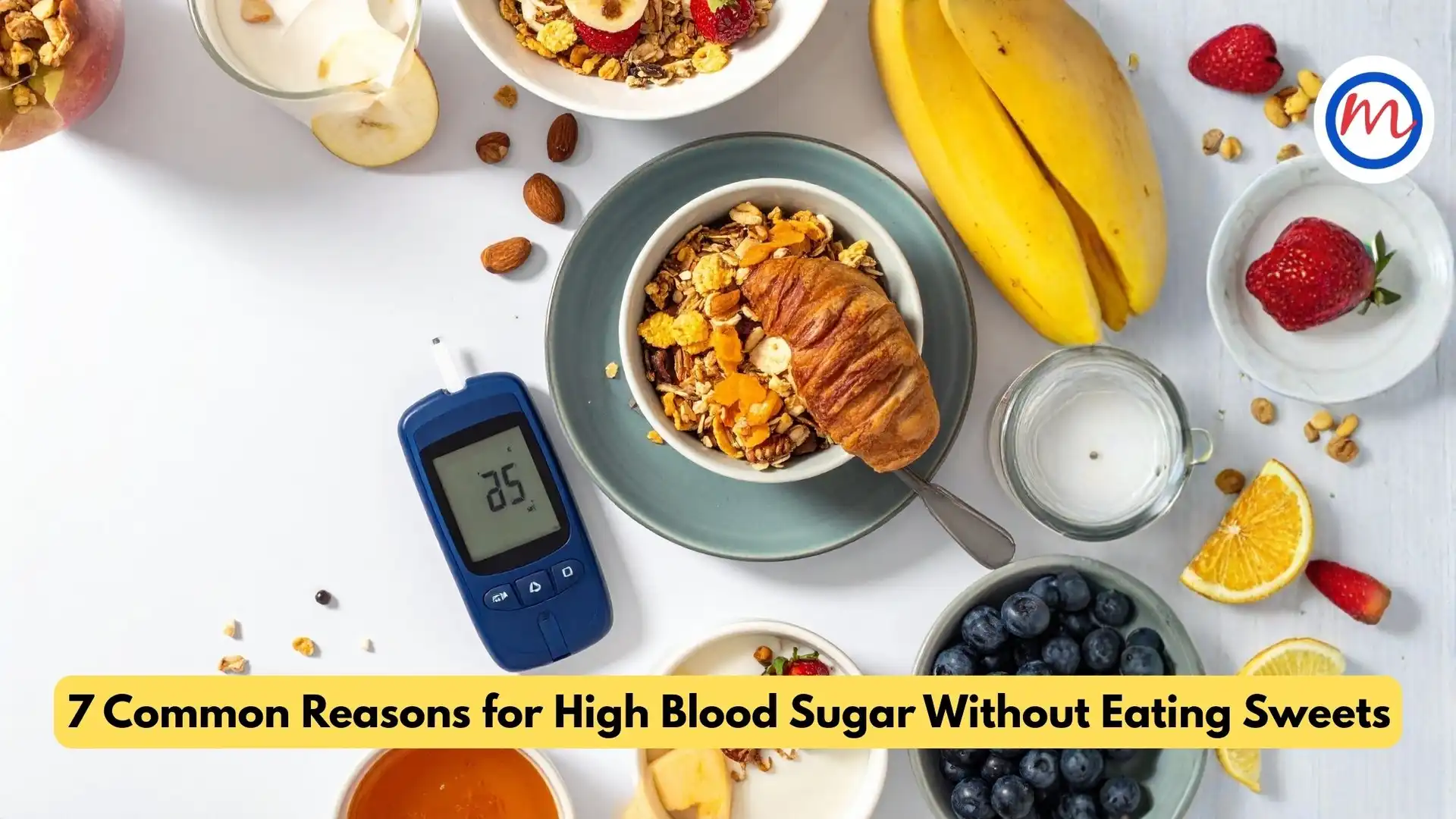8 Common Reasons You Feel Bloated After Eating
Bloating is often felt as an uneasy sensation in the abdomen accompanied by a distended belly. Bloating usually occurs after meals due to the buildup of gas in the digestive tract. The feeling of the stomach being full, tight, or gassy with discomfort or pain is due to bloating. While occasional bloating is normal, frequent bloating indicates an underlying issue with digestion or eating habits.
Here are 8 common reasons which make you feel bloated after eating.
-
Overeating
Eating more than the usual quantity stretches the stomach and slows down the digestion process, which makes you feel full. The excess food stays longer in the stomach, creating pressure and discomfort. Overeating also produces more gas during digestion, which worsens bloating. Eating less and balancing the portions helps to reduce this issue.
-
Eating Too Fast
Eating quickly, without chewing the food thoroughly, makes digestion harder. While eating fast, more air is swallowed, which builds up in the stomach. This trapped air leads to bloating, burping, and causes discomfort after meals. Eating fast often makes people eat more without realising it, so eating slowly helps to prevent bloating.
-
Gas-Producing Foods
Some foods naturally create more gas during digestion. For instance, cruciferous vegetables like broccoli, cabbage, cucumber and onions, as well as lentils and beans, cause bloating. These foods are high in complex carbs and fibre that ferment in the gut. While beneficial for gut health, fermentation of these foods releases gas that causes bloating. People with sensitive stomachs may notice stronger effects. Gradually increasing fibre intake can reduce discomfort.
-
Carbonated Drinks
Certain aerated drinks like sodas, sparkling water, and beer contain carbon dioxide bubbles. When you drink aerated drinks, this gas gets trapped in the digestive tract. It often causes belching, abdominal pressure and bloating after drinking. If consumed in excess, it can make the stomach feel full. So, limiting carbonated beverages helps to prevent post-meal bloating.
-
Food Intolerances
Certain foods cannot be digested fully by certain people. When these foods (lactose, gluten) are consumed, they trigger excessive gas, cramping, and bloating. The undigested particles ferment in the intestines, worsening the discomfort. Food intolerances are often mistaken for normal digestive issues. So, identifying and avoiding trigger foods can prevent bloating.
-
Constipation
Constipation is due to infrequent bowel movement; constipation causes a heavy and bloated feeling. This slows down gas passage and increases abdominal discomfort. Constipation may be due to a low-fibre diet, dehydration, or lack of physical activity. The longer the waste sits in the gut, the worse the bloating worsens. Drinking water and adding fibre-rich foods can help regulate digestion.
-
Irritable Bowel Syndrome (IBS)
IBS is a common digestive disorder in which the person suffers from both constipation and diarrhoea, which is associated with bloating and abdominal pain. People with IBS often feel bloated, especially after eating foods rich in fat and spices. Gas builds up more easily in people with sensitive intestines and worsens bloating. IBS symptoms may vary from day to day, making it unpredictable. Managing diet, stress, and lifestyle can reduce bloating episodes.
-
Swallowing excess air
Daily simple habits like chewing gum, using a straw for drinking juices, or talking while eating make you swallow more air. This swallowed air gets trapped in the digestive tract and causes bloating. Avoiding these habits helps to reduce bloating.
To book an appointment: https://drmohansdiabetes.co.in/enroll/?campname=website



